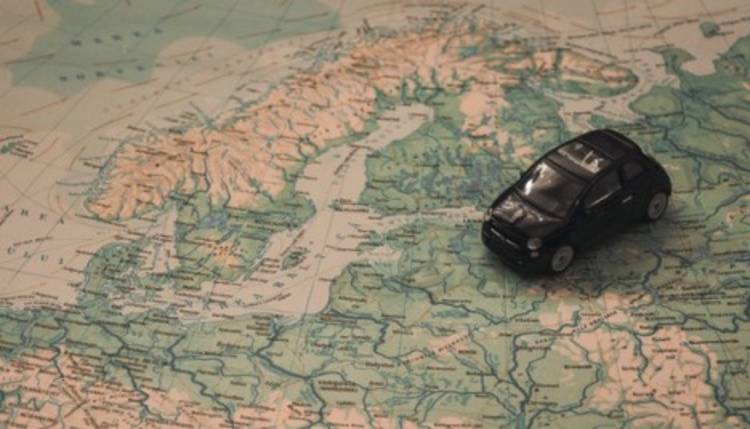


According to the “Italians in the World [2]” report conducted by the the Italian Catholic Bishops Conference's Migrantes Foundation [3], more than 100,000 Italians emigrated in 2015—a 6% increase from 2014. Released on October 6, the report tracked the number of people on the Registry of Italians Resident Abroad [4] (AIRE), and also revealed a shift in the age, marital status, and gender among the expats.
Out of the total 107,529 Italians who left their homeland, 36.7% (39,410) were aged 18-34, 60.2% were unmarried, and 56.1% (over 60,000) were men. While millennials have the highest average level of education, in response to high unemployment levels and low salaries they are relocating in hopes of more opportunities overseas.
Adults ranging from 35-49 accounted for 25.8% with minors placing in a close third at 20.7%, including 13,807 of which not yet 10. Only 6.2% were over 65, totaling close to 2,000 aged 75-84 and only 637 aged over 85. There was a rise in departures across all aged groups, except the latter, which dropped from 7,205 to 6,572.
The regions people emigrated from the most were Lombardy (20,088) and Veneto (10,374) of Italy's prosperous north, followed by Sicily (9,823), Lazio (8,436), Piedmont (8,199), and Emilia Romagna (7,644). Typically, southern Italians account for the majority of those moving abroad, which makes this shift even more surprising. While Lombardy continues to report a high GDP per capita, a high rate of growth, and low unemployment, this report shows that even Italians from wealthier regions believe they will find a higher quality of life elsewhere.
Of the expats, 69.2% moved throughout Europe. Records show that Germany (16,568) was the preferred destination, with Britain (16,503) not far behind. Switzerland (11,441) and France (10,728) were the next most popular countries. However, emigration to South America dropped 14.9%, while that to Central and North America were stable. Only 352 Italians moved somewhere outside of Europe and the Americas.
The report also revealed that as of January 1, 2016, more than 4.6 million Italians currently reside abroad, up 3.7% from the previous year. Of these, 50.8% hail from the south and 48.1% are women, with more than 50% living in Europe and 40.6% in the Americas. Since the study began running in 2005, this outbound trend has swelled by almost 50% percent.
"Mobility is a resource," the report noted. "But it becomes harmful if it is one-way, in other words when it is a hemorrhage of talent and skills from one place, with no corresponding return."
Italian President Sergio Mattarella [5] echoed similar concerns saying in a statement that the study "forces us to look for solutions to benefit from migration, eliminating the risks". In fact, Prime Minister Matteo Renzi [6] believes that these figures provide momentum for his reform policies.
However, the report has sparked controversy regarding the root causes of the exodus. According to the New York Times [7], many opposing politicians blame the government for failing to create economic opportunities, others, including Northern League [8] leader Matteo Salvini [9], have suggested that migrants from Libya are driving Italians away. Undersecretary of State for Foreign Affairs Benedetto Della Vedova [10], among others, disagree with that accusation and maintain that the reason is the long and ongoing economic crisis and its subsequent problems of unemployment.
Source URL: http://iitaly.org/magazine/focus/facts-stories/article/over-100000-italians-emigrated-in-2015
Links
[1] http://iitaly.org/files/italianexpatstwojpg
[2] https://www.chiesacattolica.it/pls/cci_new_v3/v3_s2ew_consultazione.mostra_paginat0?id_pagina=74129&limite_id_sezione=0&limite_id_sito=0&target=0&rifi=&rifp=
[3] http://www.migrantesonline.it/siti/s2magazine/index1.jsp?idPagina=2785
[4] http://www.esteri.it/mae/en/italiani_nel_mondo/serviziconsolari/aire.html
[5] http://www.bbc.com/news/world-europe-17433144
[6] https://en.wikipedia.org/wiki/Matteo_Renzi
[7] http://www.nytimes.com
[8] https://en.wikipedia.org/wiki/Lega_Nord
[9] https://en.wikipedia.org/wiki/Matteo_Salvini
[10] https://en.wikipedia.org/wiki/Benedetto_Della_Vedova